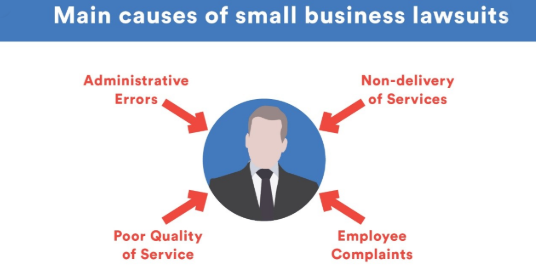Loan Mistakes That Can Harm Your Business

By Debbie Gregory.
At some point most businesses need to borrow money. Choosing the wrong type of loan can do irreparable damage to your business’s bottom line. There are countless financing options out there and the key is to choose the right one that fits your business needs and your ability to pay back the loan.
Choosing the wrong option can translate into less short-term on-hand cash for your business to spend. It can also mean smaller overall profits as you pay down the loan, and a longer and more stressful search for your loan in the first place.
In order to select the correct option for your needs, you should make sure you avoid these mistakes:
1.) Not knowing your credit score:
Your personal credit is always a factor when applying for a business loan. It shows your creditworthiness and your ability to pay the loan off to the lender. A score of 700 or higher is considered good for a personal score.
These are credit reporting services where you can check your personal credit score:
- Equifax (https://www.equifax.com/personal/)
- Experian (https://www.experian.com/)
- TransUnion (https://www.transunion.com/)
These are credit reporting services where you can check your business credit score:
- Dun & Bradstreet (https://www.dnb.com/)
- Equifax (https://www.equifax.com/business/)
- Experian (https://www.experian.com/small-business/services.jsp)
2.) Not doing your research:
It always pays to be prepared for the worst. Do not until you and your business is in dire need of cash to start the process of researching lenders and applying for loans. Do your research well in advance and keep a list of credible lenders on hand just in case you find that you need one.
3.) Not knowing your options:
Rates, fees, and terms for financing can vary greatly depending on where you go to obtain a loan and even the time of year you do it in. Make sure to do your due diligence and thoroughly research the options you are presented with.
4.) Not applying for enough money:
You never want to take out a loan only to find that you need another loan a few months later. Running a business comes with some uncertainty and unforeseen expenses that can pop up. These may include new competition, equipment breakag, or employees quitting. Make sure that you are borrowing enough money to cover your immediate needs as well as anything unexpected that may come up.
5.) Not knowing your payment options:
Getting cash fast when your business is in a slump is very important, but you need to make sure that you will be able to pay the loan off once you are back on your feet. The payment schedule needs to fit with you and your business. If you cannot keep up with the payments, it can damage your credit and potentially lead to your business’s failure.
Getting the loan that you need shouldn’t be a stressful or scary experience. With proper planning and in-depth research you can be prepared for any possible disasters or downturn in your business. Taking out a loan is never something a business owner does lightly but done correctly it can add up to one result, a thriving business.














